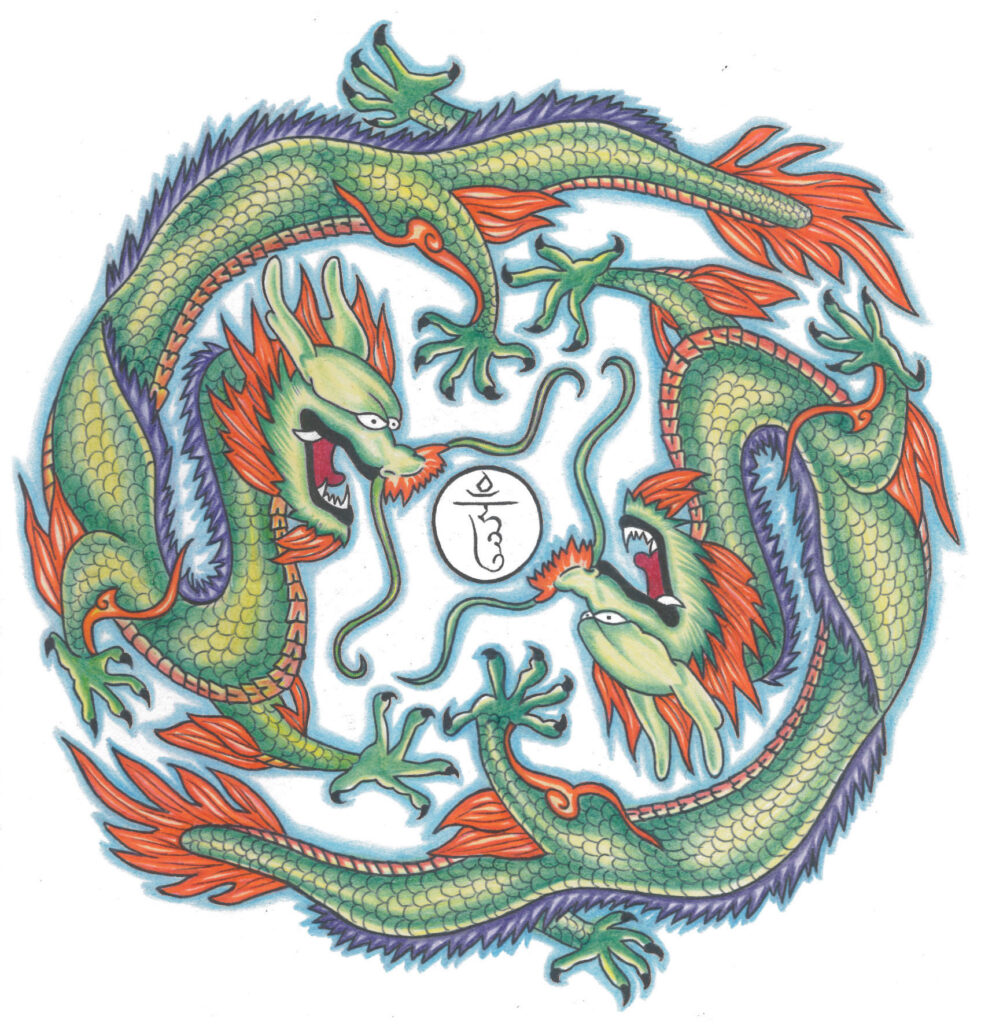Success in the study program is based on incarcerated participants achieving the goals of the program, which are defined as follows:
The prisoner
- Identifies the link between awareness of his/her thoughts and a reduction of confusion and acting out. ”I’m less likely to react to things people say to me.”
- Begins to manage anger and arrogance and to recognize emotions earlier, as they arise.
- Becomes more sensitive to the environment and others.
- Becomes more optimistic and motivated to engage in other educational and therapeutic enrichment programs with an eye to improving their post-release life.
- Develops significant enthusiasm for the studies and meditation instruction provided by RPI as evidenced by sharing this enthusiasm with other inmates and asking many questions of RPI instructors.
- Experiences the desire to help – not hurt – others and takes the opportunities to do so provided by the prison.
- Expresses the desire to change from volatile emotionality to a more stable state, and commits to that process.
- Expresses regret and remorse, including the motivation to make restitution to their victims and to their family, particularly to their children if they are parents.
- Expresses acceptance of their situation and stops struggling against it, which can lead to experiences of joy, contentment, and peacefulness.
This delineates an expected path of achievement for traditional mindfulness practitioners over the last 2,500 years, and it can still hold true for an imprisoned practitioner as well.

Dragons HUM – Kim Thul Ouk